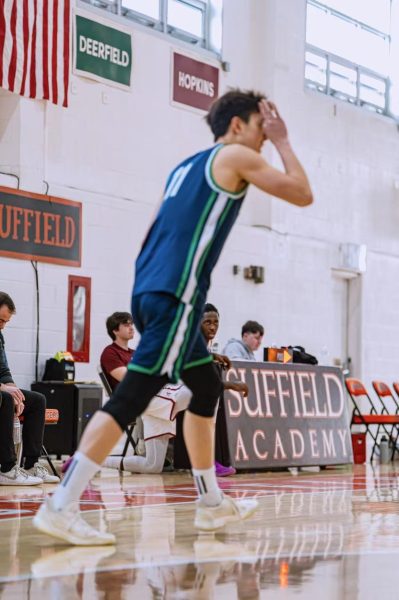Mr. Teller: The Man behind the Myth

Credit: Williston
We’ve all seen Mr. Teller. But we as students don’t know much about him. What makes Mr. Teller tick? Underneath all that mystery is a man none of us expected to find.
Teller was born at Williston, and spent his first nine years living in Ford Hall with his parents, who worked at the school during his childhood. He went on to graduate Williston in 1970, then earned his undergraduate degree at Vassar College, and his graduate degree at Michigan. He hopped around jobs (all at libraries) at Vassar, UMass Amherst, and Northfield Mount Hermon, until landing a job back here at Williston in the late 80s.
For him, Williston is home, and he is “fond of this place,” so coming back was an easy decision for him. By the summer of 1995, Teller was given the position of School Archivist.
Besides his busy career at the Williston library, Teller enjoys photography and classical music, often inviting students to attend concerts at UMass Amherst with him. “People [should] give classical music a chance, it explodes at you,” he said.
It was at this point that a student walked in and needed help finding a book. Teller, asking for permission, stopped the interview to gleefully help her find what she wanted, even finding time to crack a joke along the way. This speaks volumes to the passion the archivist finds in his work. He wants to help students achieve not only finding their requested books, but their goals as well.
From there he touched upon the role technology plays in the library. He doesn’t feel as if libraries will become obsolete due to technological advancements, feeling that human interaction is still an important part of education. In addition, he feels that “all information is not equal” and that someone has to cycle the books when they become dated and unreliable.
“School history is vast” proclaimed Mr. Teller. “Students have a connection with the school; not many appreciate it but we are a part of something greater than just our time here.”
To him, the fence that surrounds the school is a symbol of just that.
“The fence is a metaphor for every student in history’s years here,” he said. “History is a tremendous motivator to stay in touch after you’re gone.”
Kyle Caddo is a senior from Chester, NJ. Originally from Long Island, Kyle plays for the hockey team.










